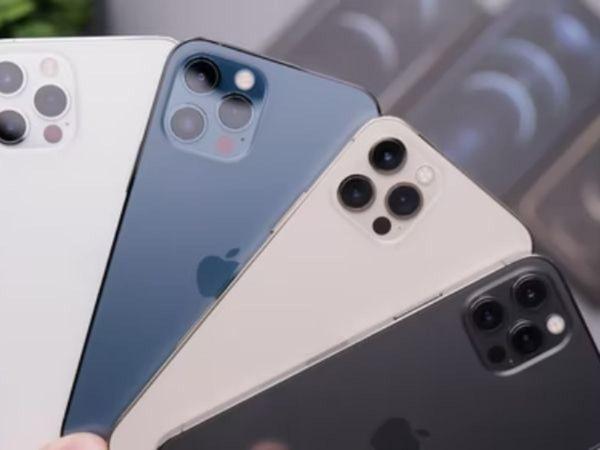If you follow the smartphone market in India then you would have noticed that smartphones are becoming expensive. In fact, a couple of years back, there used to be a lot of smartphone options between the Rs 7000 and Rs 10,000 price bracket. However, you will not find many options in this same budget range anymore apart from just different memory variants of the same model.
Also, another aspect to consider is that almost every popular smartphone from top brands in India sees a price hike within a couple of months of its launch in the country. Previously, brands used to reduce theprices of popular smartphones to increase sales. But now, it seems that the smartphone industry is collectively increasing prices. Some smartphones from brands like Xiaomi, Poco, Realme, Oppo and others have seen multiple price hikes during 2021. To recall, Xiaomi had increased the price of its hugely popular Redmi Note 10 smartphone thrice within a span of five months after the launch.
Not just Xiaomi, the price of popular models from all major smartphone brands have increased during 2021. So, why is it happening? The industry has collectively answered that the sole reason for the increased prices are due to hike in import duties and taxes on components like camera modules, chargers, PCBA, power banks and other essential components for making smartphones.
ICEA chairman’s letter to government
RELATED NEWSMobile industry body ICEA (India Cellular and Electronics Association) has expressed concerns over the hike in import duties in the 2021-22 budget. As per a report by The Economic Times, ICEA chairman Pankaj Mohindroo, wrote a letter to Union Minister of State for IT, Rajiv Chandrasekhar about the increased tariffs on mobile components.
Mohindroo in his letter said that these tariffs “were imposed suo motu by the Department of Revenue.” As per the report by The Economic Times, the “scaling back production due to the competitive disadvantage has led to a loss of between Rs 10,000 crore and Rs 15,000 crore.”

ICEA chairman said that the Production-linked Incentive (PLI) scheme “conflicts” with the increased duties. “The PLI scheme is aimed at decreasing the existing cost disability in India versus China and Vietnam but the tariff hike on components will increase this “cost disability”.
In another press statement, the ICEA said that the government offered incentives under several schemes that attracted global and domestic manufacturers, which resulted in the increase in production of mobile phones from 6 crore units valued at Rs 19,000 crore in 2014-15 to 33 crore units valued at Rs 2,20,000 crore in 2020-21.
“The 12% GST rate on mobile handsets increased tax by almost 50% in this sector from a prevailing national average rate of ~8.2% (pre-GST era). The industry was emerging from GST with a tax increase, and the Government once more increased the rate by another 50% (i.e. from 12% to 18%). This increase in the GST rate has a trickle-down effect leading to the rise in prices for the consumer, which in turn is decreasing the demand for mobile phones," it added.
“Further, this move by the Government is also proving to be a deterrent to the ‘Digital India’ initiative, as the existing high cost of smartphones amplifies more due to the increase in GST Rate,” ICEA said.
Recently, ICEA, in its letter to various state chief ministers, has requested them to reduce the GST rates on Mobile Phones to 12% and on Parts and Components to 5%.
Why mobile brands may not want to shift production from China to India
In its letter Mohindroo explained, “The grey market in high-end phones is greater than 50%. Price arbitrage is 43.96% in high-end phones (out of which 22% is the BCD and 18% is the GST)…a high BCD will not encourage companies to manufacture high-end phones in India, and its removal or rationalisation will not change their plans to shift manufacturing from China to India.”
Read all the Latest News, Breaking News and Coronavirus News here.
